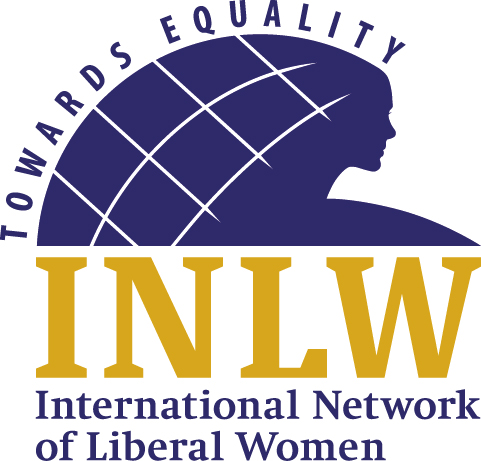Resolution number: 02
Submitted by: INLW (International Network of Liberal Women)
The Congress of Liberal International, convened in Andorra, on 20 May 2017
Noting that:
Climate Change has significant impacts on fresh water sources, affecting the availability of water use for domestic and productive tasks. The consequences of the increased frequency in floods and droughts are far reaching, particularly for vulnerable groups, including women who are often responsible for water management at the household level
Around the world, women are coming together to address their own needs for water and sanitation. Their strength and courage transforms communities who are facing a huge change in the climate. In huge parts of the world such as Africa, Asia and South America water is a constant problem
Pursuing the Paris Agreement and COP22 decision 21/CP22 on climate change and gender, water and sanitation are at the very core of sustainable development, SDG 6 is critical for people, planet and prosperity.
Climate change presents the biggest threat to development, and its widespread, unprecedented impacts disproportionately burden the poorest and most vulnerable. SDG 13 aims to take urgent action to combat climate change and its impact.
Considering as examples:
In Mongolia (Nomads), women, families and farmers are in constant need of water due to the dryness. In the summer, it is getting harder to grow and harvest grass and autumnal rains have virtually disappeared. Shepherds have not enough fodder to feed the animals in the winter, weakening the animals. Climate change is one of the factors responsible for this loss of livestock.
The impacts of climate change on the agricultural forestry sectors in Latin America are becoming increasingly worrisome.
In Nicaragua and in Ecuador climate change requires that women rethink ways of farming. The women face serious water supply problems, insufficient for harvesting crops.
In Peru recently the authorities declared the intense rains, overflowing rivers, mudslides and flooding the worst in two decades in Peru. Often women and children are the biggest victims through the extreme flooding, isolating hospitals and small villages and homes washed away by mudslides, resulting in many deaths of women and children. Then resulting in a bad health and sanitation situation with no latrines which hits especially women and girls.
Liberal International calls on all member parties and other liberal organizations to urge their governments around the world to:
Encourage gender-sensitive frameworks in developing policies to address climate change and reducing gender gap of climate change-induced social, economic and environmental vulnerabilities assisting developing countries in adaptation and mitigation practices through, inter alia, the Green Climate Fund.
Raise help and funds around the World and come together to help women and children
Invest in empowerment of women to change their surrounding world,
Implement and improve living conditions with measures to help women and children with access to clean water and sanitation, which helps sustain and prolong life of the poor population.
Prepare for and build women’s resilience and adapt to climate change impacts, increasing education and training opportunities for women to develop local resilience plans to address the effects of climate change; Create economic opportunities for small farmers in remote communities
Improve river basin management and save deltas (main)
Promote a balanced participation of men and women in climate change adaptation and mitigation efforts, including in governance positions
Enable a local environment supportive of sustainable and inclusive water resources management and economic growth, by promoting public private alliances and by improving gender balance in negotiation processes.

 Visit our Facebook page
Visit our Facebook page